Are you ready for retirement? Do you have a transition plan for your dental practice? If yes, when was the last time you reviewed or updated it? If financial independence is a priority post-retirement, then keep these points in mind.
With help from NaviPath Partners, here are four tips on how to prepare for retirement.
Why Dentists Need a Retirement Plan?
 You would probably like to maintain your current lifestyle after you transition away from your practice, which is very possible if you plan ahead. Without a plan, you may be looking at the possibility of working in your practice for longer than anticipated, selling your practice for less than anticipated, or having to make serious lifestyle sacrifices in your retirement years.
You would probably like to maintain your current lifestyle after you transition away from your practice, which is very possible if you plan ahead. Without a plan, you may be looking at the possibility of working in your practice for longer than anticipated, selling your practice for less than anticipated, or having to make serious lifestyle sacrifices in your retirement years.
1. Relying on the sale of your practice to fund your future lifestyle can be a risky business.
In general, we tend to overvalue what is closest to us and a dental practice is no exception. The sale of a practice can fund some of your retirement, depending on lifestyle and sale price. If you think your practice is valued at $500,000 and it's really only worth $400,000, then what? A solid retirement plan can help ensure that you're able to walk away on your terms, regardless of the sale price. A good way to find out exactly what your practice is worth on the open market in your area is to obtain a full practice valuation from a reputable broker.
2. Evolving tax rates.
Depending on how much and where you are saving could determine when your retirement funds will be taxed and by how much. Tax rates are currently at historical lows and the likelihood of rates staying this low are, in our opinion, low.
-
Plans like a 401(k) or IRA are funded with pre-tax dollars, but are taxed as ordinary income when they are withdrawn. You are also required to withdraw funds from these accounts at 70½ which can make legacy planning more difficult.
-
You may prefer a Roth IRA or Roth retirement plan to help reduce your future tax bill. Having a portion of your savings strategy taxed today, but tax-free in retirement may be a smart approach.
-
Finding a blended tax efficient investing strategy is important to help maximize future tax planning.
-
You should to prepare for potential capital gains tax from the sale of your practice. You can be caught off guard if the practice sells for significantly more than you paid for it. With proper planning you can make the tax liability more predictable and manageable.
3. Compounding interest.
You may be familiar with the concept of compound interest. The earlier you start to save, the longer your money has potential to grow, and the more you'll have when you need it the most. Investing $1,000 a month when you're 35 years old is much more palatable than $10,000 a month when you're 55 years old.
4. Asset protection.
Early in your career you may have significant liabilities, however; as your career blossoms those liabilities are generally reduced, and you have the opportunity to build assets up to become significant. Working with your legal advisor can help ensure these assets are protected with proper titling and entity structure. Also, certain strategies may help protect your assets from creditors.
A comprehensive financial plan can help you determine what investment, insurance, tax, and protection strategies are appropriate for your situation. No matter where you are in your dental career, thinking about how your life will look after practice ownership, and what steps you need to take today, can help you pursue financial independence. This can give you the flexibility you need to take control of your next phase of life. Let us know if you need any help.

 980.283.7355
980.283.7355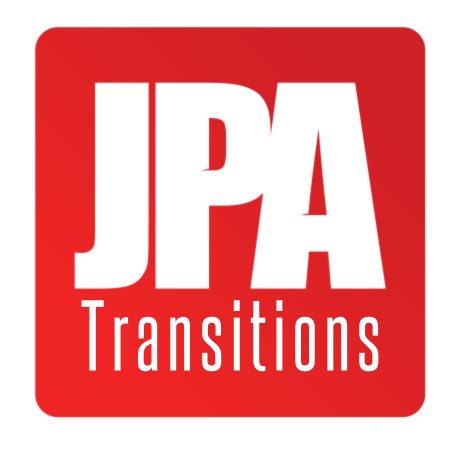
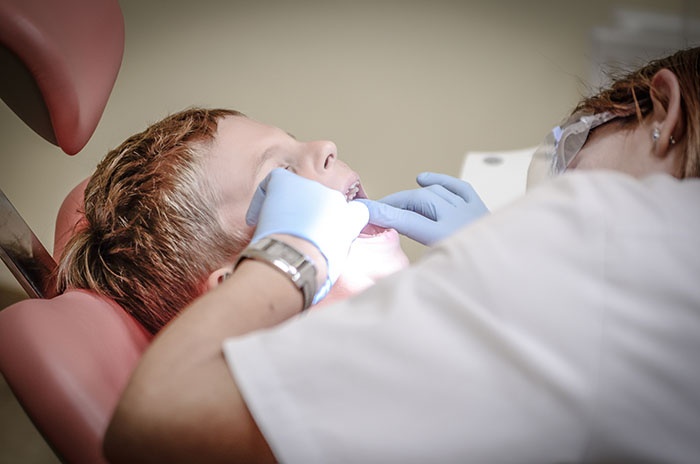
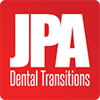
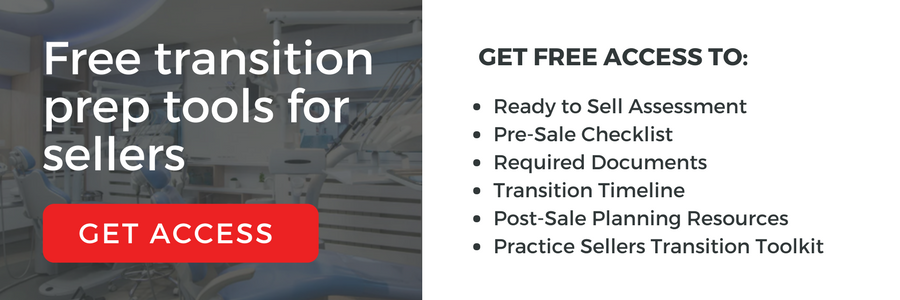










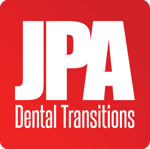

Comment